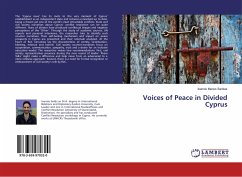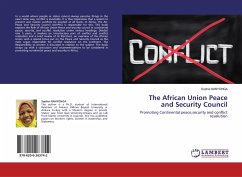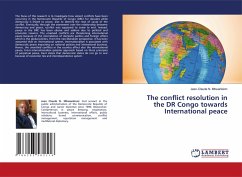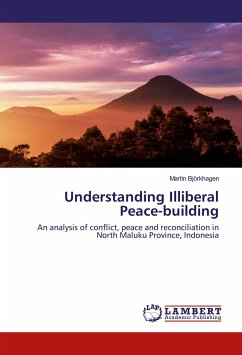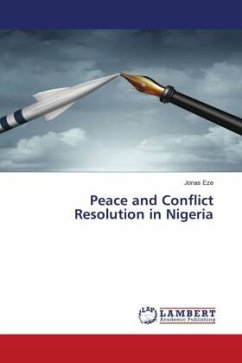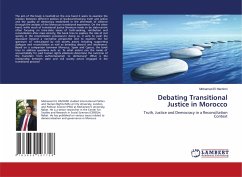The 'Cyprus issue' has its roots to the very moment of Cyprus' establishment as an independent state and remains unresolved up to date, being a frozen yet one of the world's most intractable conflicts. State and civil society narratives about Cyprus' conflict resolution can be quite different. Years of division have produced conflictual images and negative perceptions of the 'Other'. Through the study of academic sources, UN reports and personal interviews, the researcher tries to identify such counter narratives. Their self-fueling mechanism and impact on peace prospects in Cyprus are presented and their rationale analyzed. At the heart of RoC narratives lay the characteristics of enmity, victimization, blaming, mistrust and hatred. Civil society counter-narratives focus on cooperation, communication, sympathy, trust and a desire for an inclusive education model. The researcher makes two recommendations. First, civil society representatives presence during the new round of leader 'Peace Talks' might make a difference and help move from an adversarial to a more reflexive approach. Second, there is a need for formal recognition or embracement of civil society's role by RoC.
Bitte wählen Sie Ihr Anliegen aus.
Rechnungen
Retourenschein anfordern
Bestellstatus
Storno

